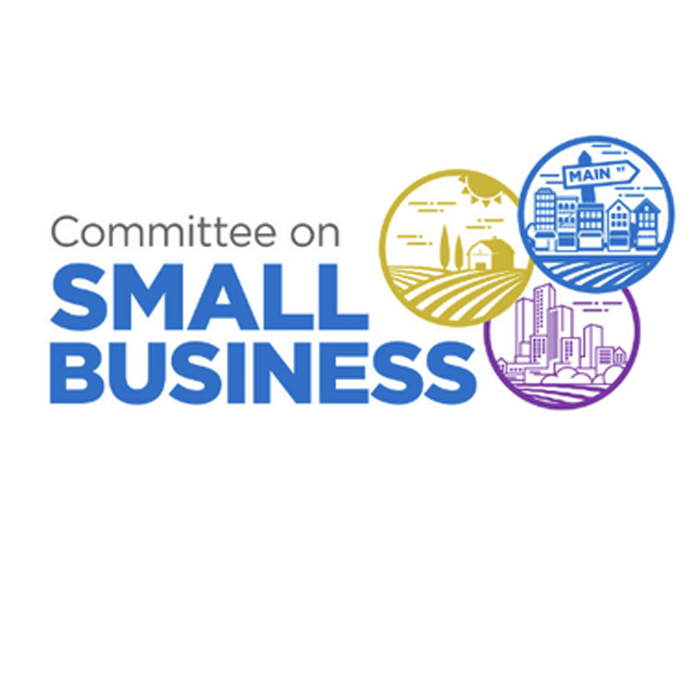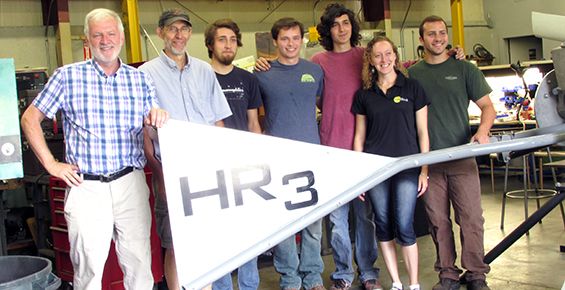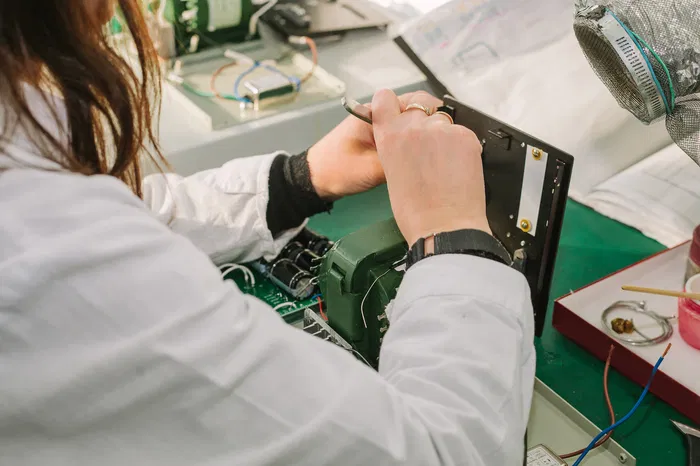For our new research, we went back to one of our initial case study schools: a community college in Florida with a strong technology internship program, which we called Gulf West. Gulf West’s unique approach requires all technology students to participate in an internship before graduating. Our findings suggest that the requirement made students much more likely to participate in an internship than tech students at other schools where the internship was not required for graduation.
Are Internship “Graduation Requirements” COVID-Resilient?
Internships at Gulf West showed strong resilience during COVID. While student participation in internships dropped early in the pandemic, it regained footing by the fall of 2020. As one faculty member noted, “I’m not aware of anybody in the fall of 2020 who is not graduating because they couldn’t come up with an internship.”
Surprisingly, students we surveyed and interviewed during COVID were as satisfied with their internship experience as those we surveyed before COVID. This was the case even though 45 percent of all internships moved online in that time. Before the pandemic, we didn’t know of any students who had participated in an online internship, so this was a big change in the internship structure that impacted both students and employers. Overall, though, the virtual transition proved to be beneficial to all.
Online internships provided many students with skills and experiences that helped them land their first technology job despite COVID’s workforce disruptions. A key area of professional growth for the online interns was the communication and project management skills they gained working virtually—skills that will likely continue to be in high demand as organizations seek employees who can navigate the online environment. Employers also gave interns more responsibilities, challenges, and learning opportunities as they pivoted to online and remote work and were desperate to fill skill gaps. One technology faculty told us, “It’s not normal, but it doesn’t seem new anymore. But I think they’ve adjusted, and so students are finding internships—virtual internships [are] becoming more normative.”








